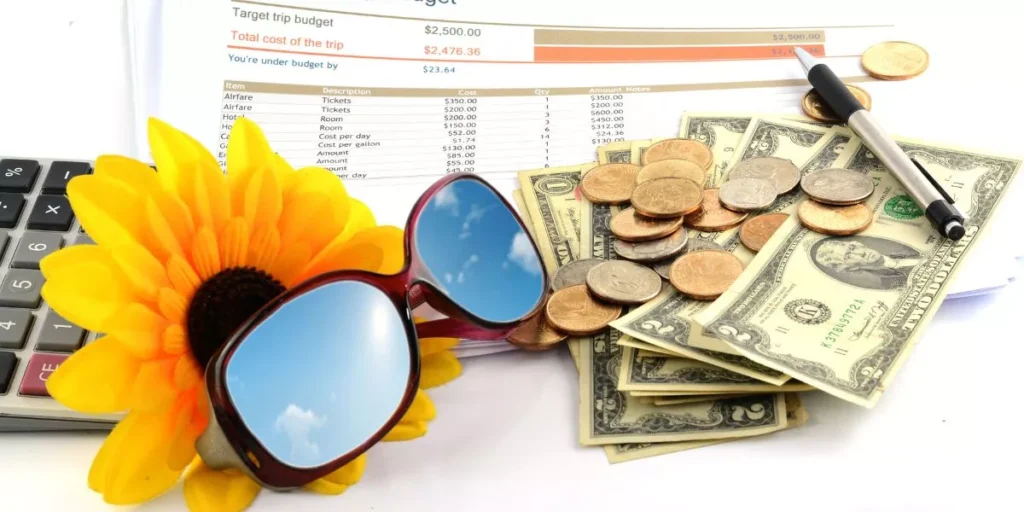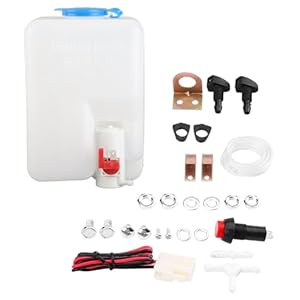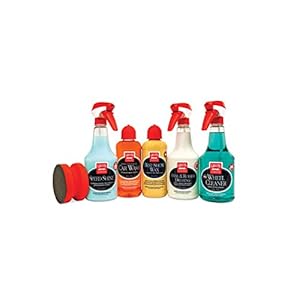
When embarking on an epic road trip adventure, the key to a successful journey lies in effective budgeting. By carefully planning and allocating your finances, you can ensure that your trip is both enjoyable and stress-free. From calculating anticipated expenses to finding ways to save money along the way, each step plays a crucial role in shaping your travel experience. So, before you hit the road, make sure you have your budget set up to make the most out of your upcoming adventure.
Setting Your Road Trip Budget
To begin planning your road trip budget, calculate your total anticipated expenses based on your itinerary and expected costs. Start by listing out all the potential expenses you may encounter during your adventure. Consider factors like gas, accommodation, food, activities, and any miscellaneous costs that may arise. Research the average prices in the areas you plan to visit to get a realistic idea of how much you’ll need to allocate for each expense category.
Next, prioritize your expenses based on what matters most to you. If you’re a foodie, you may want to allocate a larger portion of your budget to trying out different restaurants and local cuisines. On the other hand, if you’re more interested in exploring national parks, adjust your budget to allow for park entry fees and outdoor gear.
Remember to set aside a portion of your budget for unexpected expenses or emergencies. Having a buffer will give you peace of mind and ensure you’re prepared for any surprises along the way.
Calculating Expenses and Costs
When planning your road trip budget, start by outlining all potential expenses you anticipate encountering during your adventure. Consider costs like gas, accommodation, food, activities, and emergency funds.
Calculate the estimated fuel expenses based on your vehicle’s gas mileage and the distance you plan to cover. Research accommodation options along your route to get an idea of the nightly rates. Factor in meals by estimating how many times you’ll eat out versus preparing your own food.
Don’t forget about admission fees for attractions or any gear you might need, like camping equipment or hiking supplies. Additionally, set aside some money for unexpected situations like car repairs or medical emergencies. Keep track of toll roads or parking fees that could add up during your trip.
Finding Ways to Save Money
As you plan your road trip adventure, optimizing your spending becomes key to ensuring a memorable yet budget-friendly journey. One way to save money is by planning your route efficiently to minimize unnecessary mileage, which not only saves on gas but also reduces wear and tear on your vehicle.
Another money-saving tip is to pack your own food and drinks for the trip, avoiding costly restaurant meals along the way. Consider camping or staying in budget accommodations instead of pricey hotels to cut down on lodging expenses.
Additionally, look for discounts on attractions or activities by purchasing tickets in advance or researching online deals. Utilizing loyalty programs or credit card rewards can also help lower costs on accommodations, gas, or even car rentals.
Lastly, be mindful of your driving habits to improve fuel efficiency and reduce overall expenses. By implementing these strategies, you can enjoy a fantastic road trip without breaking the bank.
Tips for Sticking to Your Budget
Optimize your spending by setting clear financial boundaries and tracking your expenses diligently to ensure you stick to your budget during your road trip adventure. Start by creating a detailed budget plan that outlines your estimated costs for gas, accommodations, food, activities, and any other potential expenses. Consider using budgeting apps or spreadsheets to keep tabs on your spending in real-time, making adjustments as needed to stay on track.
When it comes to accommodations, look for budget-friendly options like camping grounds, hostels, or budget motels. Consider cooking your meals instead of eating out constantly, as this can save you a significant amount of money. Additionally, research free or low-cost activities along your route to keep yourself entertained without breaking the bank.
To avoid unnecessary expenses, set aside a buffer fund for emergencies or unexpected costs. Be mindful of impulse purchases and prioritize experiences that truly matter to you. By staying disciplined and proactive in managing your finances, you can make the most of your road trip adventure without overspending.
Automotive & Tools














